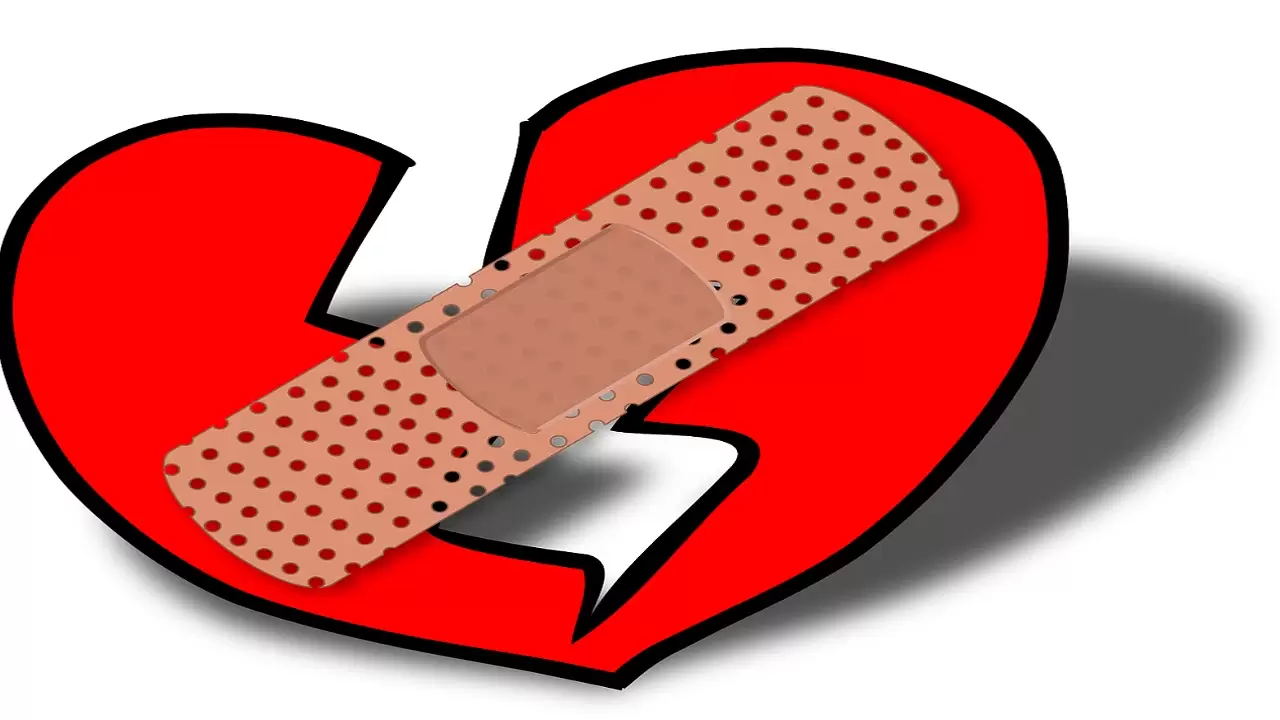Prolonged chronic disease and addictions have many characteristics of personal loss, so using the Kübler - Ross model is very appropriate.

Internalizing the Kübler-Ross model will help chronic patients initiate the necessary lifestyle changes for recovery.
Link: The Kübler-Ross model. Otherwise known as the five stages of grief. (Wikipedia)
Kübler Ross's psychological model for patients who do not face a life-threatening condition. (The majority of patients.)
The five stages are Denial, Anger, Bargaining (Only applicable in life-threatening situations), Depression, and Acceptance.
- Initially, the Kübler-Ross model was only concerned with the stages of death and dying. Kübler Ross's model was later expanded to include personal loss. There is no doubt that long-term chronic disease has properties of grief and loss.
- From my experience, what prevents making lifestyle changes is denial, Anger, and Depression.
- Reaching acceptance as fast as possible is essential for elevating the spirit and gaining needed energy.
Real hope would give anyone the strength to undertake all the necessary treatments and endure the accompanying pain and suffering.
Link: Kübler-Ross model | Explains the behavior of personal loss.
Content pages found:
23/02/2020 10:38
Chronically ill patients often require sharp changes in diet and lifestyle. There is an inherent difficulty in changing habits.
27/05/2018 17:17
A list of recommended tasks and preparations one should apply before starting self-healing therapies.
27/05/2018 17:09
Prolonged chronic illness (including many addictions) has many characteristics of personal loss, so using the Kubler-Ross model is appropriate.
Posts found:
24/10/2022 5:33
Unlike conventional medicine, Self-healing functional medicine eliminates the causes of the disease rather than its symptoms.
10/09/2020 18:19
Even though I was on the verge of death, I did not treat myself as a person prone to death! I just denied my condition for a very long time.
Reading the article was Interesting/Beneficial?
NO
0
YES
111

